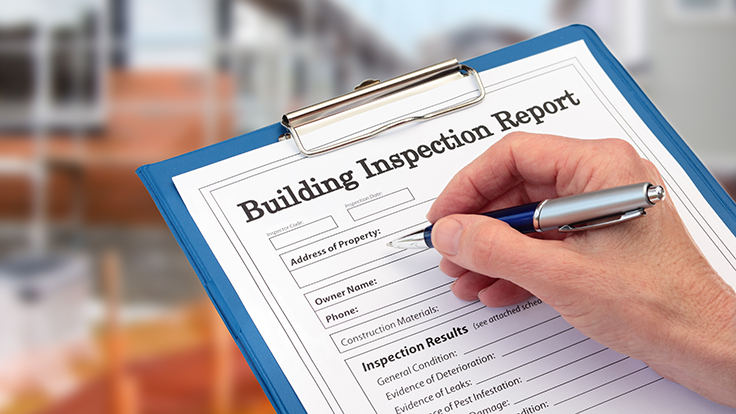It is usually done in conjunction with the sale of the property. A property inspector usually conducts inspections of a property. They usually have the necessary training and certifications to do such inspections. These inspections will give you assurance about the safety and health of your investment. When you are considering selling or buying a house, it is important to inspect the property.
Inspections can be misunderstood in many ways. Some people think they are intrusive and unnecessary. They are actually necessary and safe. Real estate agents can use property inspections to screen potential buyers or sellers. This allows the agent to avoid making a bad purchase and protects the buyer from buying a lemon. A Pre Purchase Building Inspections Melbourne is a non-invasive, limited inspection of a property.
Inspectors are not always homeowners themselves. Some are commercial property inspectors hired by home buyers or sellers. These inspections are often used to help buyers and sellers qualify for financing. A qualified inspector can be a huge asset to real estate agents. Home inspectors who perform several different types of inspections can help homebuyers save a great deal of money.
NYS inspectors can also conduct property inspections to determine if a property is in good condition. The lender can use the occupancy status to determine if a borrower is financially able to pay future mortgage loans. When a mortgage loan is assigned an occupation status, it is clear whether the property is currently in the homeowner or borrower’s ownership. If the property inspector finds that the property is in the borrower’s possession, the loan is approved. If the property inspectors conclude that the property is not in the borrower’s possession, the loan will be declined.
A licensed home inspector’s goal is to help buyers and sellers make informed decisions about what they will buy or sell. A licensed home inspector is qualified to make informed decisions about such matters as the physical condition of a structure, rooms, appliances, interior or exterior surfaces and systems. This includes the plumbing, heating, electrical, roof, insulation, drainage, and more. This inspection is also known as the “rainy-day” inspection. It is required when it is not expected that the weather will be very wet or rainy. In most cases, this type of inspection must be performed within three years of the date of purchase or within two years of purchase if the property was built before 2007. New York law requires that home inspections be performed by licensed home inspectors.

Home inspectors are trained to detect problems that may not be readily apparent to the average consumer. An HVAC system inspection report that finds it working properly, but is located near a window with loose screws could be considered part of the HVAC system’s overall defective condition. These inspections are generally part of the property owner’s overall responsibility.
Property inspectors are also employed by builders or companies that are building new construction sites. They inspect the facilities and the equipment used to build homes, apartment units, condos and mobile homes. They inspect areas of the facility that are visible to residents, such as hallways and living areas. They inspect drains, sprinkler systems and cooling and air conditioning units.
A typical job description of these inspectors includes inspecting equipment or facilities to establish facts related to the functionality of those items. They may also be required to examine records to ensure compliance of zoning regulations. They may also need to assess the quality of pest control or safety systems. Finally, inspectors are often asked to determine if there is a reasonable chance of improving a site’s functionality.
